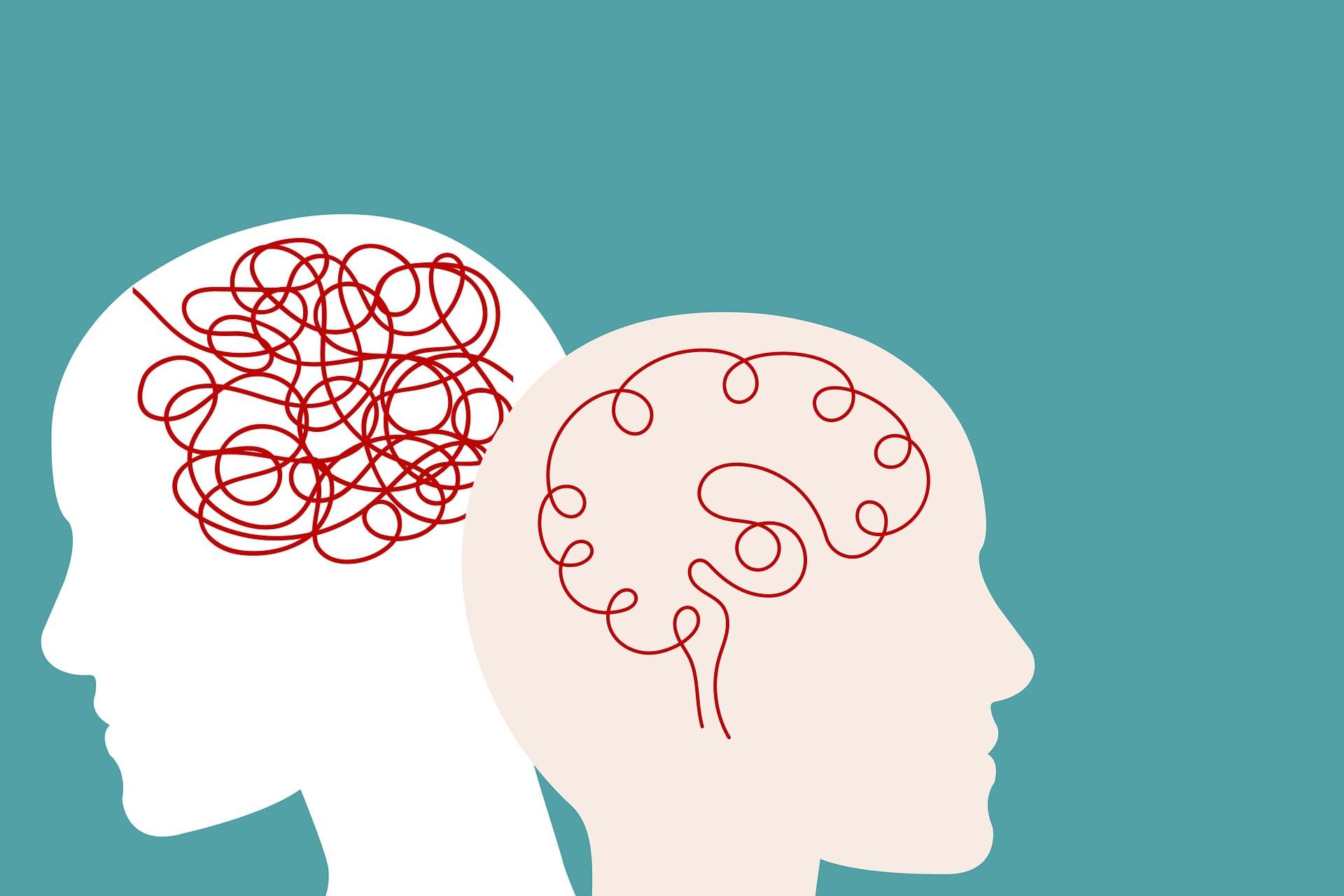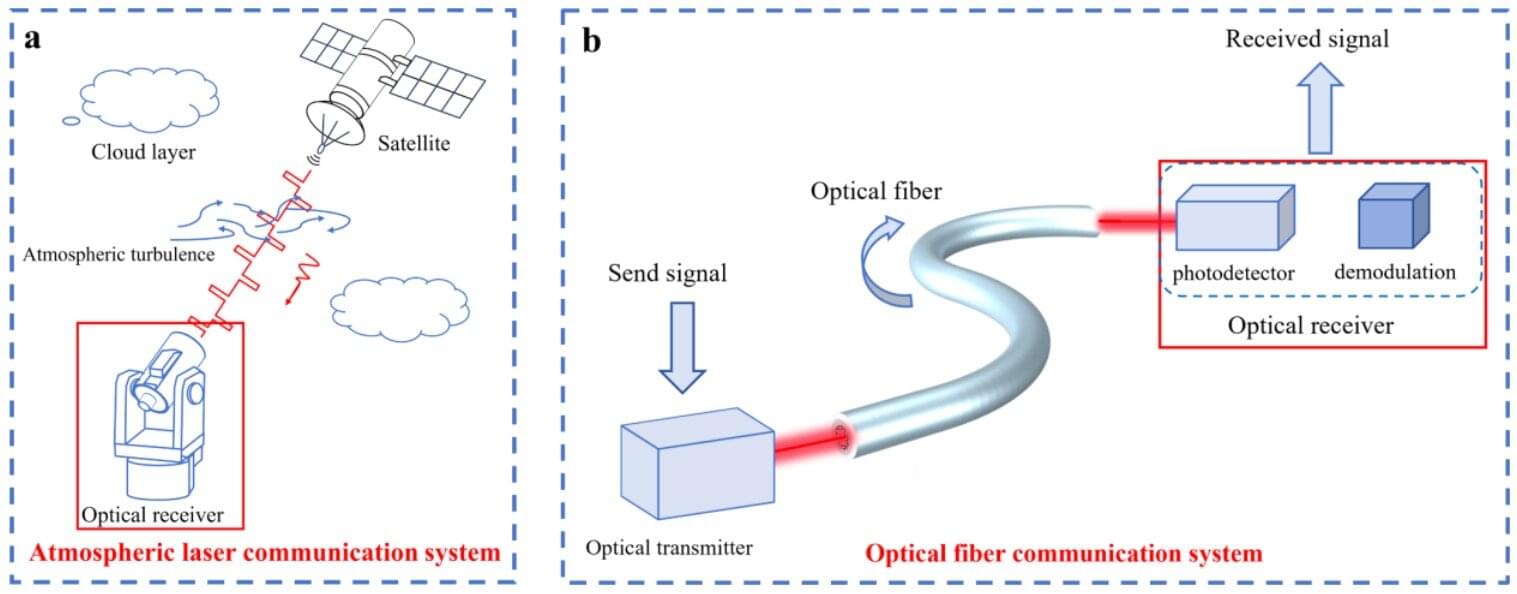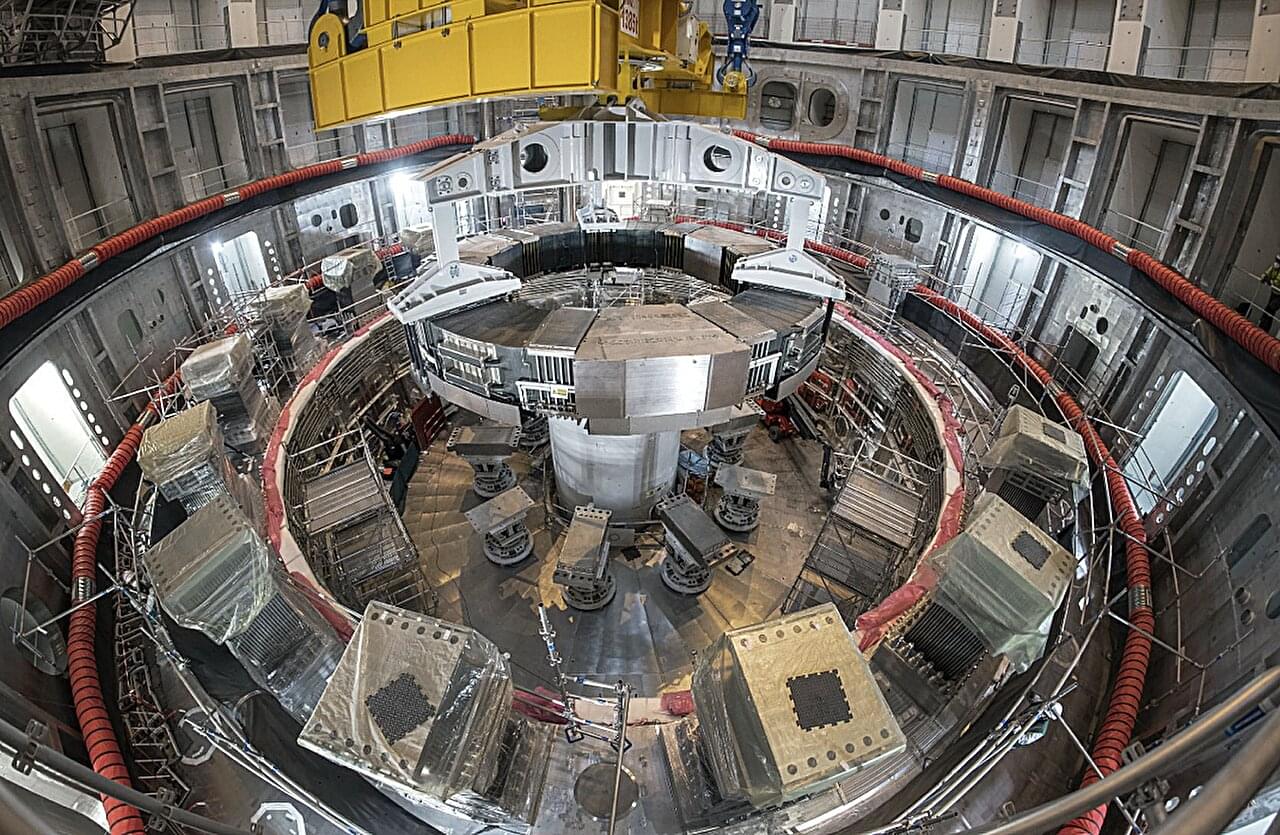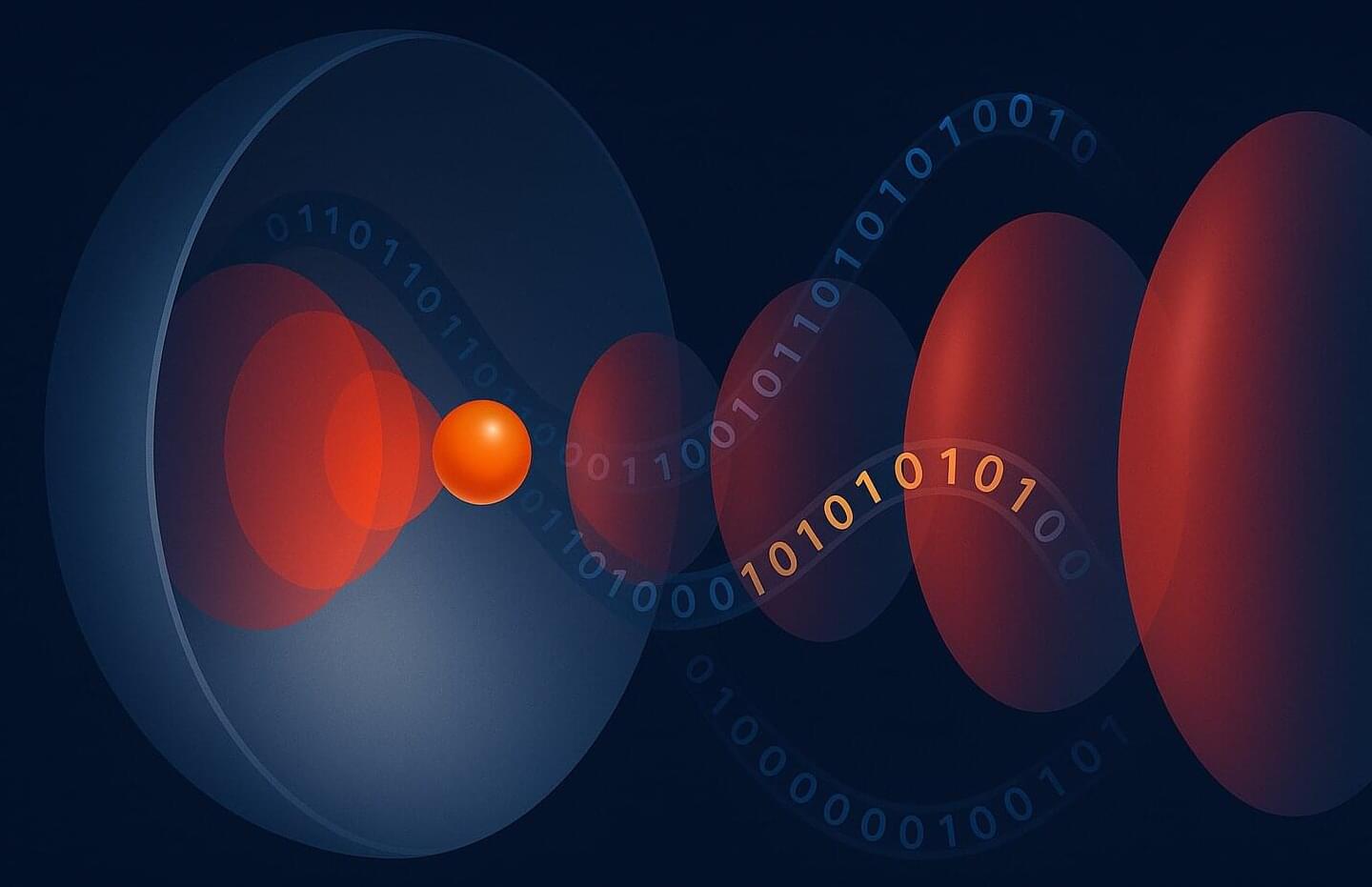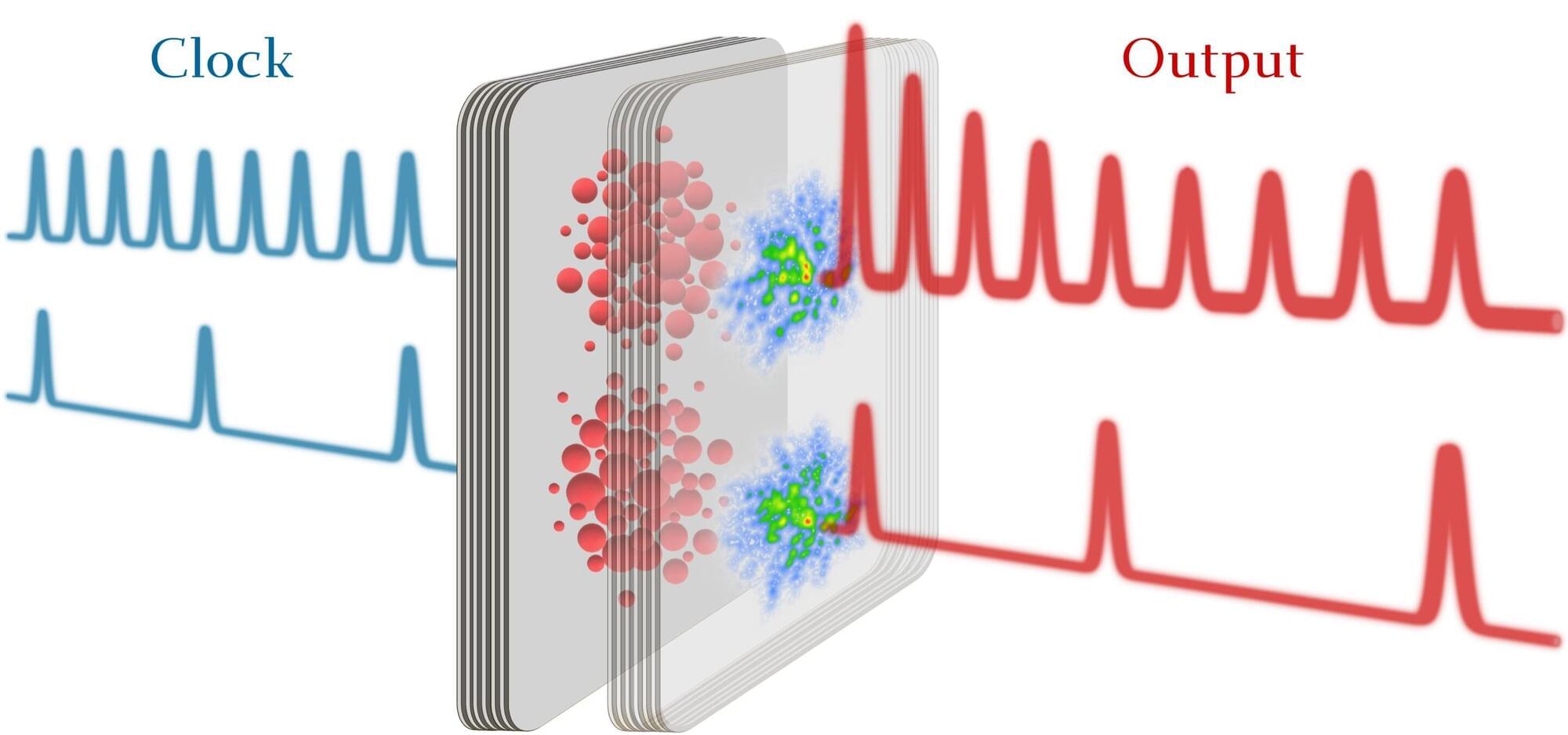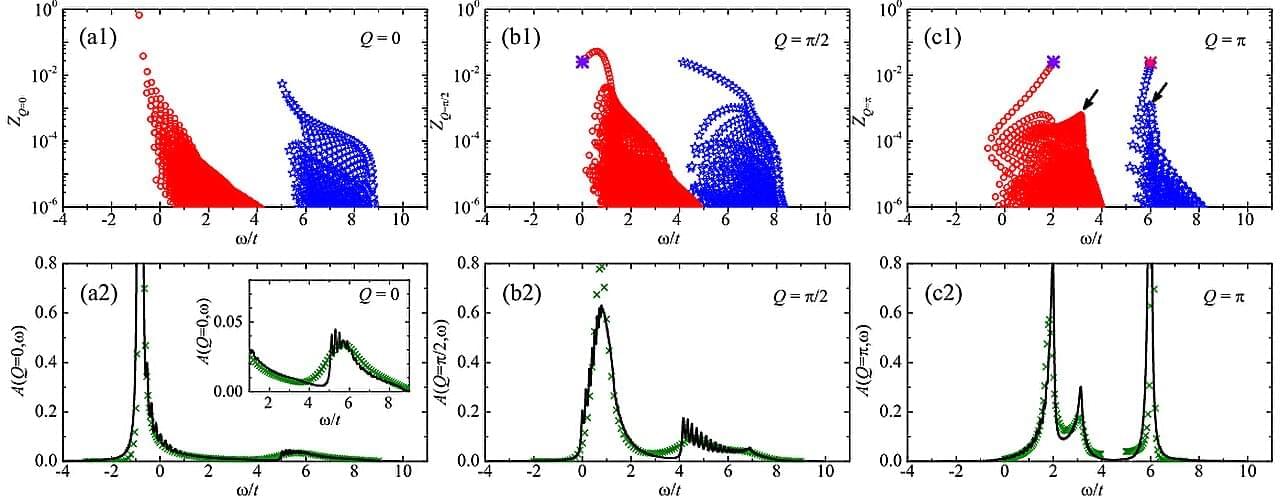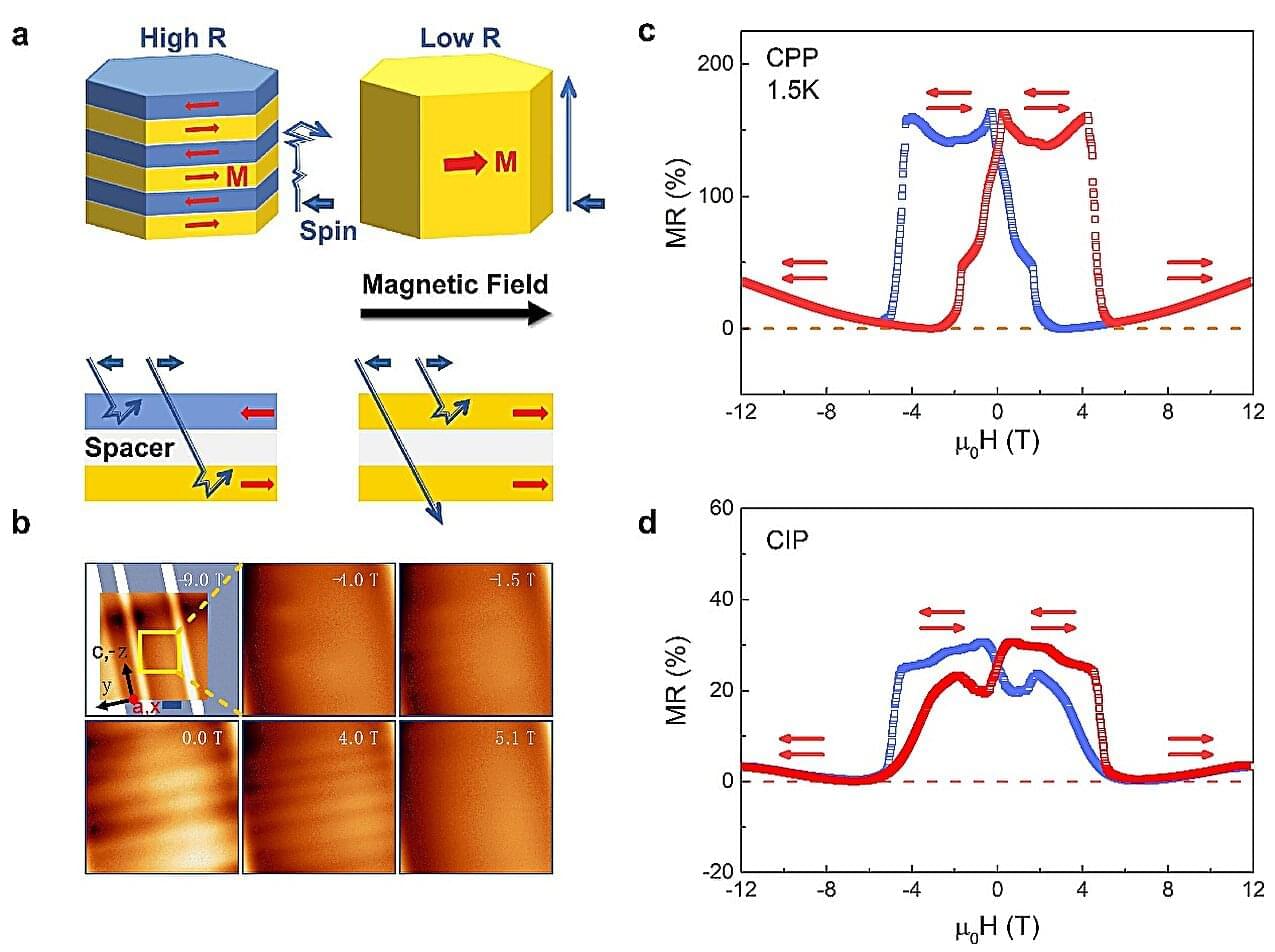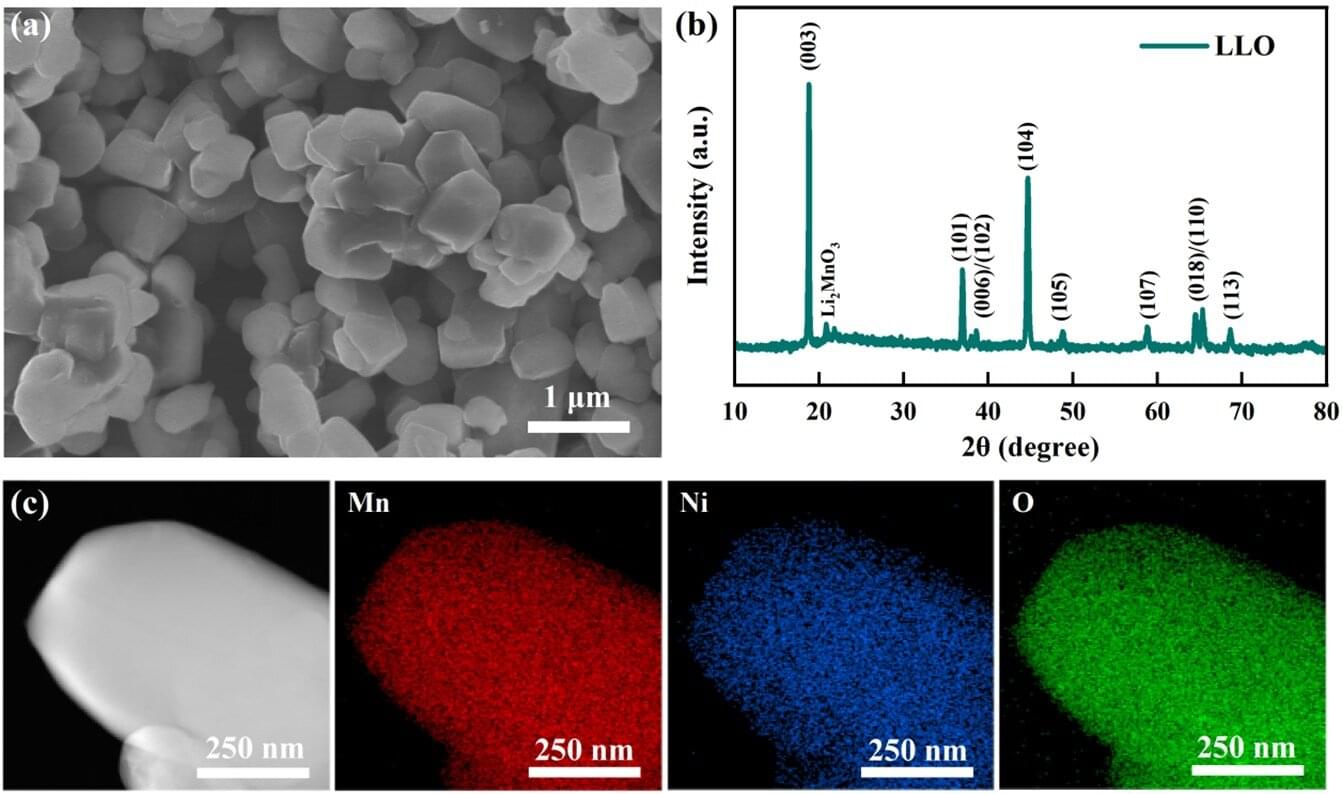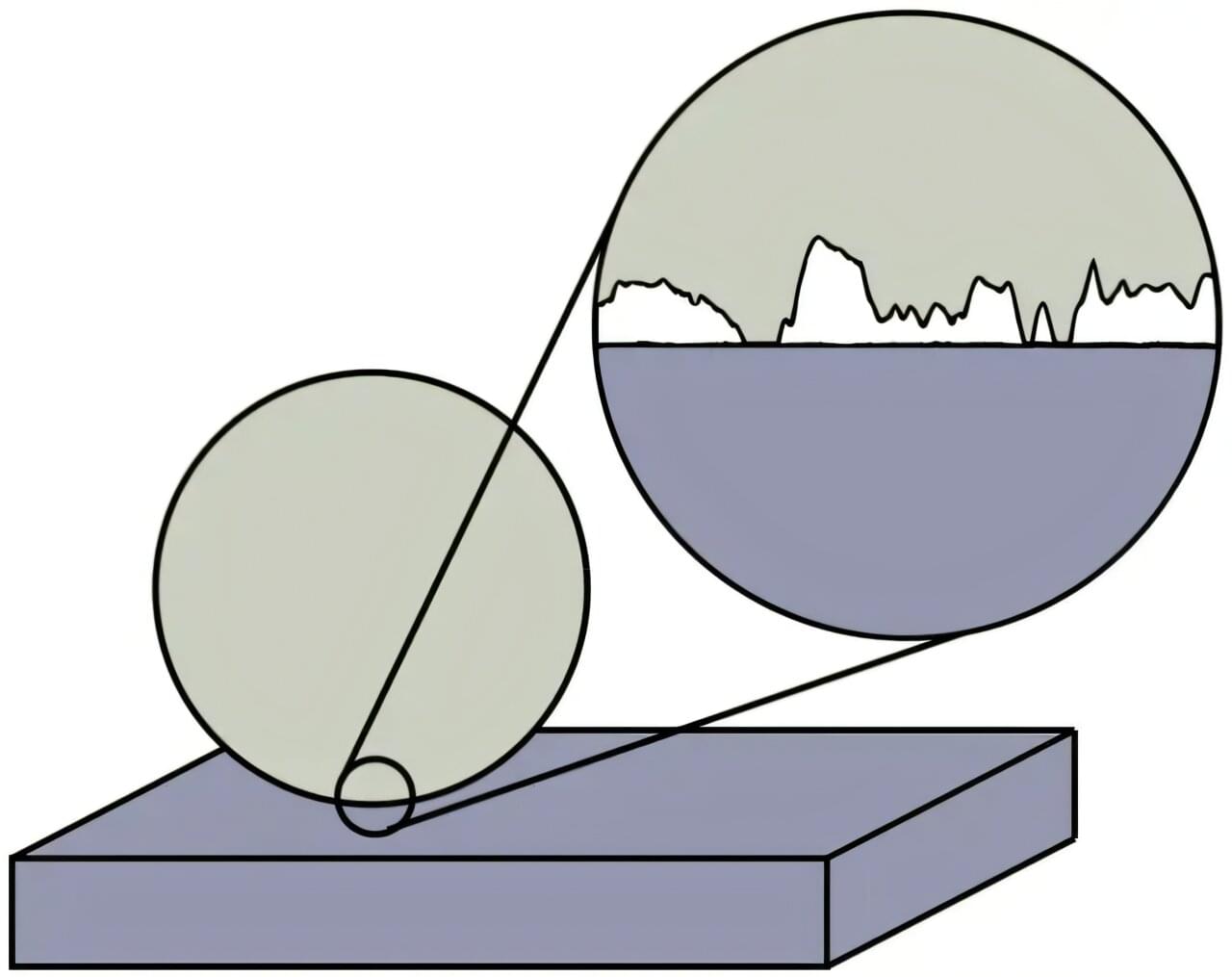Depression, schizophrenia and other mental health conditions affect 1 in 4 people in their lifetime, but the mechanisms underlying these conditions are poorly understood. New research led by researchers at the University of Bristol has linked the body’s immune response with schizophrenia, Alzheimer’s disease, depression, and bipolar disorder. The study demonstrates mental health conditions might be affected by the whole body as well as changes in the brain. The findings could pave the way for better treatments of some mental health conditions.
The work appears in Molecular Psychiatry.
Most people with depression or schizophrenia are treated with drugs that work on brain chemicals such as serotonin and dopamine. However, one in three people with these conditions do not benefit from these treatments, suggesting that other mechanisms are involved.
